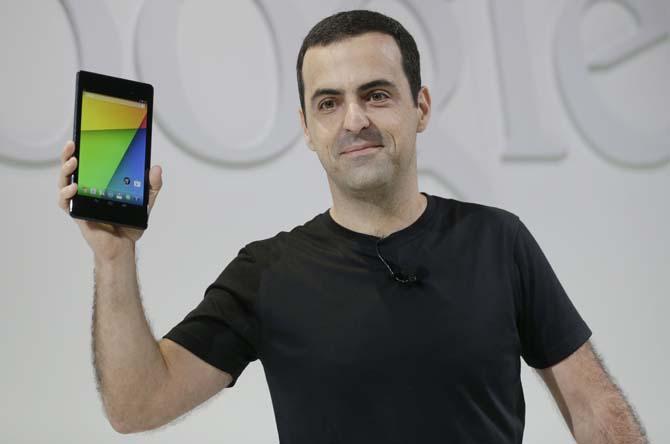Google is too eager to update its software, and it’s making users lose interest. In order to build serious anticipation, patience is key.
Android, the open source-based mobile operating system from Google, has only been around since late 2008. This may come as a shock, considering how prevalent the OS has been in the smartphone race in the past few years. On the same token, though, the iPhone has only been around since 2007, so it makes sense.
Since Android is based on open-source software, the road it took to get to the fully fleshed-out version we know today was long and very bumpy. When a company relies so heavily on user feedback to create a product, changes don’t always happen smoothly, and updates to the software have to be created at a fairly quick pace.
When Android was in its infancy, small firmware updates that fixed minor issues were released quickly, with some of them being released less than two months apart. Compared to the current pace, which clocked in at 5 months between version 4.2.2 and 4.3, the early updates’ frequency made Android seem fragile and unreliable.
The issue is that users couldn’t get excited about a major software release because they were too fixated on getting bugs fixed or trying to figure out what was new in the previous version they just downloaded. Now that updates are coming much less frequently, Google is allowing more anticipation to build, as well as instilling confidence in the platform’s stability.
Even when Google did take its time updating Android from 4.2.2 to 4.3, very little was improved, making the update seem unnecessary. This is frequently the case with Android.
Why not wait a little longer and include a larger amount of improvements all at once?
Android 5.0, which has been heavily anticipated for nearly a year, may finally be the version of Android that topples Apple’s regime. After all, Android is already the top operating system, it just doesn’t appear on the No. 1 phone.
The reason the iPhone continues to be the top phone in the world is simple: Apple incubates its software releases for absurdly long periods of time, so when it gets released, it’s air-tight in terms of bugs. Without bugs to fix, Apple can spend six or more months creating the next major version and building hype for it. In the meantime, iPhone users get to enjoy the fully baked experience that Apple has provided them.
Plain and simple, Google needs to spend more time developing software updates and killing all those pesky bugs. More time between near-perfect updates will create much more anticipation and desire among die-hard fans and non-Android users alike.
Android 5.0 may be the perfect thing for Google. Ever since the codename was rumored to be Key Lime Pie, people have been speculating what the software might hold in store. Maybe this version will be what makes finicky iPhone fanboys make the switch to Android for good, maybe it won’t. All we can do is wait — which is exactly what Google wants us to do.
Connor Tarter is a 21-year-old communication studies senior from Dallas, Texas.
Opinion: Patience is not a virtue when it comes to Google
July 29, 2013
Hugo Barra, vice president Android product management at Google, displays the new Nexus 7 tablet on Wednesday, July 24, 2013, in San Francisco. (AP Photo/Marcio Jose Sanchez)





